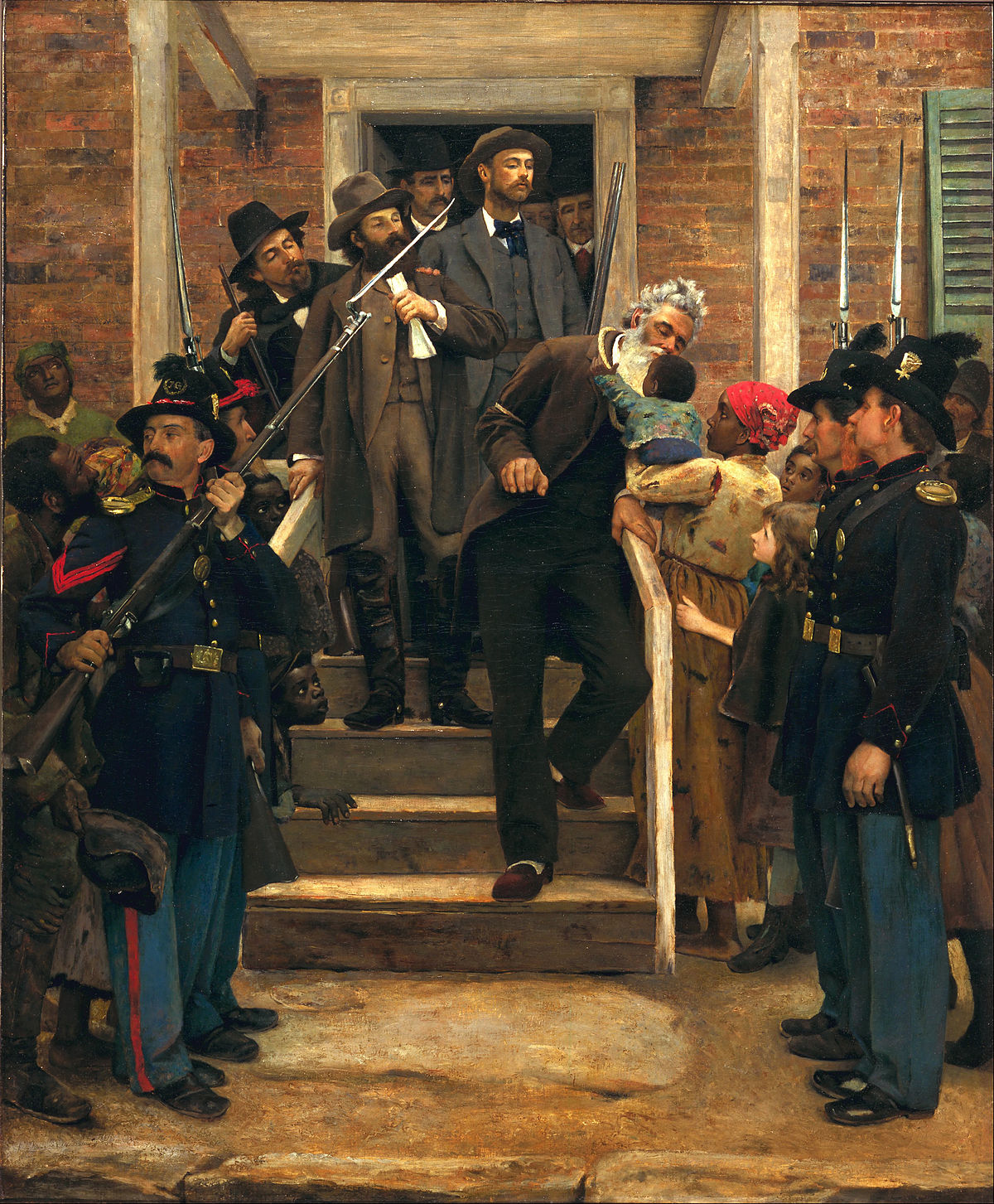
John Brown's Raid on Harpers Ferry
Harpers Ferry, WV, USAFrom October 16 to 18, 1859, abolitionist John Brown led a raid on the U.S. arsenal at Harpers Ferry, Virginia (now West Virginia), intending to spark a widespread slave revolt in the Southern states. This event, considered by some as a precursor to the Civil War, saw Brown and his group of 22 individuals ultimately defeated by U.S. Marines under First Lieutenant Israel Greene's leadership. The aftermath of the raid was significant: ten raiders died in the skirmish, seven faced execution following a trial, and five managed to escape. Notably, prominent figures like Robert E. Lee, Stonewall Jackson, Jeb Stuart, and John Wilkes Booth had roles or were witnesses to the unfolding events. Brown had even sought the involvement of renowned abolitionists Harriet Tubman and Frederick Douglass, but they did not participate due to illness and skepticism about the raid's feasibility, respectively.
The raid was the first national crisis to benefit from the rapid news dissemination capabilities of the newly invented electrical telegraph. Journalists were quick to reach Harpers Ferry, providing real-time updates on the situation. This immediacy of coverage highlighted the evolving landscape of news reporting. Interestingly, contemporary reports used a variety of terms to describe the event, but "raid" was not among them. Descriptors like "insurrection," "rebellion," and "treason" were more common.
John Brown's audacious act at Harpers Ferry elicited mixed reactions across the U.S. The South perceived it as a direct assault on their way of life and the institution of slavery, while some Northerners viewed it as a courageous stand against oppression. Initial public opinion deemed the raid as the misguided effort of a zealot. However, Brown's eloquence during his trial, combined with the advocacy of supporters like Henry David Thoreau, transformed him into a symbolic figure championing the cause of the Union and the abolition of slavery.
